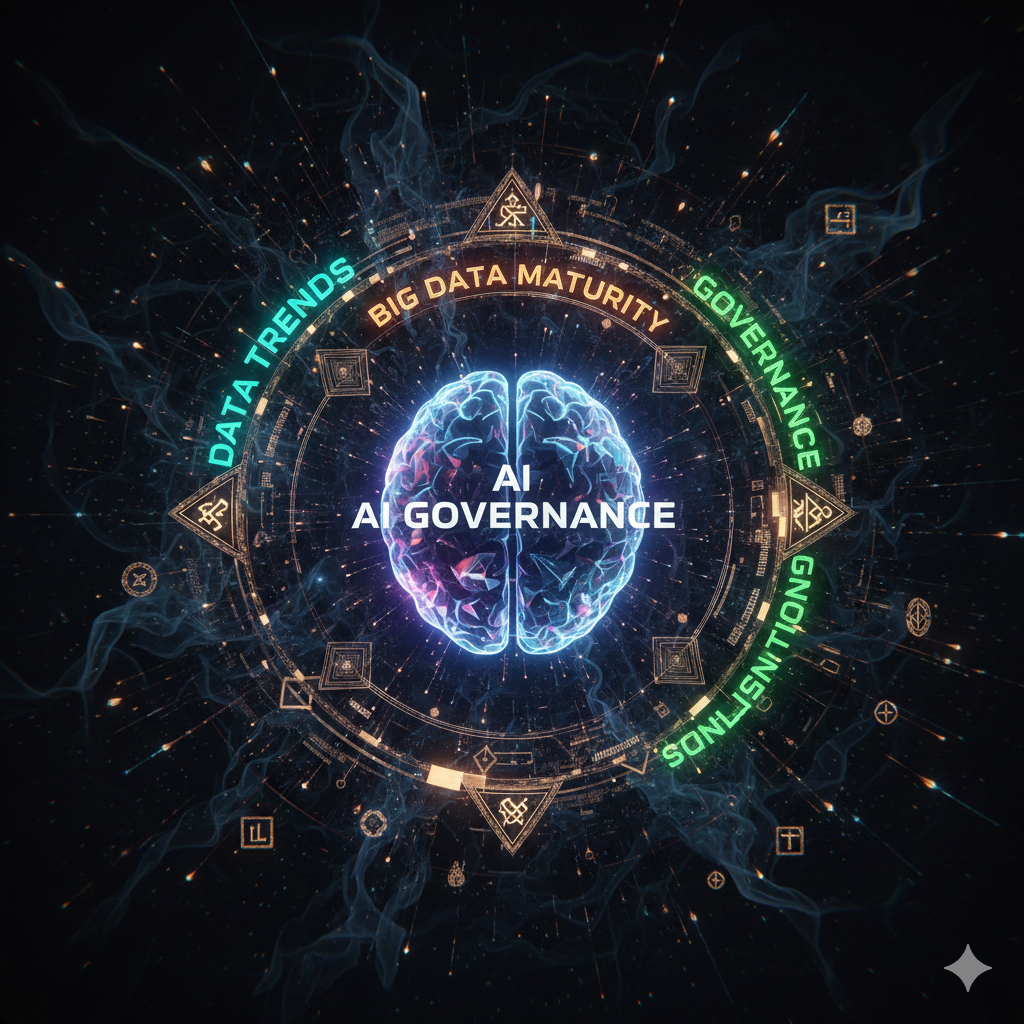Introduction
In today’s digital age, Artificial Intelligence (AI) is transforming the world by powering autonomous vehicles, voice assistants, and decision-making systems. Simultaneously, Quantum Computing is emerging as a groundbreaking field that leverages the laws of quantum mechanics to solve problems that are intractable for classical computers. When these two cutting-edge technologies converge, they form a revolutionary new domain known as Quantum Artificial Intelligence (Quantum AI).
Quantum AI aims to supercharge the capabilities of AI by using the unique properties of quantum mechanics—such as superposition, entanglement, and quantum parallelism—to perform computations that classical AI systems can’t. This article explores the concept, architecture, applications, benefits, challenges, and future potential of Quantum AI in a comprehensive and educational manner.
Understanding the Fundamentals
What is Quantum Artificial Intelligence?
Quantum AI is the integration of quantum computing with artificial intelligence algorithms, primarily machine learning (ML) and deep learning models. The goal is to leverage the computational advantages of quantum systems to improve the speed, accuracy, and scalability of AI algorithms.
Quantum AI is not just a faster version of AI; it is an entirely new paradigm that can solve complex optimization and classification problems in high-dimensional spaces—tasks where classical AI hits computational limits.
Quantum Computing: A Brief Overview
Before delving into Quantum AI, it is essential to understand the basics of Quantum Computing, which operates on quantum bits or qubits instead of classical bits.
Key Quantum Concepts:
- Superposition: A qubit can be in multiple states (0 and 1) at the same time, unlike classical bits which are either 0 or 1.
- Entanglement: Qubits can be interconnected such that the state of one qubit affects the state of another, even over long distances.
- Quantum Interference: Probabilities of qubit states can be manipulated to amplify correct outcomes and cancel incorrect ones.
- Quantum Parallelism: Ability to process a vast number of possibilities simultaneously.
These principles make quantum computers ideal for large-scale parallel processing, which is highly beneficial for AI tasks like learning from massive datasets or optimizing complex functions.
Why AI Needs Quantum Computing
AI and machine learning models are computationally intensive and often limited by the processing power of classical computers. Key challenges include:
- Large data volumes requiring massive storage and processing.
- High-dimensional feature spaces in machine learning.
- Time-consuming training of deep neural networks.
- Intractable optimization problems in reinforcement learning.
Quantum computing can help overcome these barriers by providing:
- Faster computation through quantum parallelism.
- Efficient optimization using quantum annealing.
- High-capacity data encoding via quantum state representation.
Key Components of Quantum AI
1. Quantum Machine Learning (QML)
Quantum Machine Learning involves using quantum algorithms to enhance or accelerate traditional ML methods. Techniques include:
- Quantum Support Vector Machines (QSVM)
- Quantum Principal Component Analysis (QPCA)
- Quantum k-Means Clustering
- Quantum Neural Networks (QNNs)
2. Quantum Deep Learning
This area explores how deep learning models, such as Convolutional Neural Networks (CNNs) and Recurrent Neural Networks (RNNs), can be implemented on quantum hardware using quantum gates and circuits.
3. Quantum Reinforcement Learning
In reinforcement learning, agents learn optimal strategies through trial and error. Quantum computing enhances this by quickly evaluating multiple action-reward scenarios using quantum probabilities.
Real-World Applications of Quantum AI
1. Drug Discovery and Healthcare
- Quantum AI can simulate complex molecular structures, enabling faster drug discovery and personalized treatment plans.
- AI models trained on patient data can be enhanced by quantum speedups for predictive diagnostics.
2. Financial Modeling
- Portfolio optimization, fraud detection, and risk analysis can benefit from Quantum AI’s ability to process multivariate datasets in real-time.
3. Autonomous Systems
- Self-driving vehicles and drones require fast and reliable decision-making. Quantum AI can process environmental data more efficiently to improve navigation and safety.
4. Climate Modeling and Sustainability
- Quantum AI can optimize energy usage, simulate climate models, and assist in solving environmental challenges like carbon capture and disaster prediction.
5. Cybersecurity
- Quantum-enhanced AI can detect anomalies and threats in real-time by analyzing patterns in massive data streams, crucial for national security.
Major Companies and Projects in Quantum AI
1. Google AI Quantum
- Achieved Quantum Supremacy in 2019 and is investing in hybrid quantum-classical AI models.
2. IBM Quantum
- Provides cloud access to quantum computers and works on quantum algorithms for AI.
3. Microsoft Azure Quantum
- Offers a platform for quantum computing and Quantum AI development using Q# language.
4. D-Wave Systems
- Specializes in quantum annealing and collaborates with enterprises to solve optimization problems in AI.
5. India’s Quantum Leap
- The National Mission on Quantum Technologies and Applications (NM-QTA) supports research in Quantum AI.
- DRDO, ISRO, and premier institutions like IISc and IITs are initiating programs in quantum-enabled intelligence systems.
Quantum AI vs Classical AI: A Comparative Table
| Feature | Classical AI | Quantum AI |
|---|---|---|
| Computing Unit | Bit (0 or 1) | Qubit (0 and 1 simultaneously) |
| Processing | Sequential | Parallel (Exponential Speedup) |
| Efficiency | Limited by Moore’s Law | Potential to exceed classical limits |
| Optimization | NP-Hard problems remain slow | Quantum speedup in solving them |
| Data Handling | Requires large memory | Encodes data in quantum states |
Challenges in Implementing Quantum AI
Despite its promise, Quantum AI faces several hurdles:
1. Hardware Limitations
- Quantum computers are in their infancy, with limited qubit counts and high error rates.
- Current systems require extreme cooling and are expensive to maintain.
2. Algorithm Development
- Quantum AI requires new algorithms that are fundamentally different from classical ones.
- The development of quantum-native models is still evolving.
3. Data Encoding
- Converting classical data into quantum states (quantum feature maps) is a non-trivial task.
4. Talent and Skill Gap
- There is a lack of trained professionals who understand both AI and quantum physics.
5. Ethical and Legal Concerns
- Quantum AI could challenge data privacy, decision transparency, and accountability in automated systems.

The Future of Quantum AI
Quantum AI is still in its early stages, but its potential impact is massive. As quantum hardware matures and new algorithms are developed, Quantum AI will likely transform numerous sectors, including:
- Education: Customized learning systems powered by Quantum AI.
- Governance: Real-time decision systems for urban management and policy simulation.
- Space Exploration: Quantum AI for autonomous navigation of interplanetary missions.
- National Security: Strategic simulations and encrypted quantum communications.
Countries like the USA, China, Germany, and India are investing billions in quantum research, recognizing Quantum AI as a strategic frontier in the digital era.
Conclusion
Quantum Artificial Intelligence represents a technological convergence that could redefine the boundaries of computation and cognition. By blending the probabilistic intelligence of AI with the superposition-powered speed of quantum computing, we are entering a new era of problem-solving capabilities.
Though Quantum AI is still developing, its applications across science, industry, governance, and defense are too promising to ignore. For students, researchers, and policy-makers, now is the time to grasp the fundamentals of this transformative domain and contribute to shaping its future responsibly.
Summary Points
With adequate investment and education, Quantum AI could redefine our digital and scientific landscape.
Quantum AI combines quantum computing and artificial intelligence to enhance computational capabilities.
It utilizes quantum phenomena like superposition and entanglement to accelerate AI algorithms.
Applications include drug discovery, financial modeling, climate analysis, and autonomous navigation.
Major players include Google, IBM, Microsoft, and Indian institutions under NM-QTA.
Challenges involve hardware scalability, algorithm design, and ethical governance.





What is Quantum Artificial Intelligence (Quantum AI), and how does it represent the convergence of AI and quantum computing?